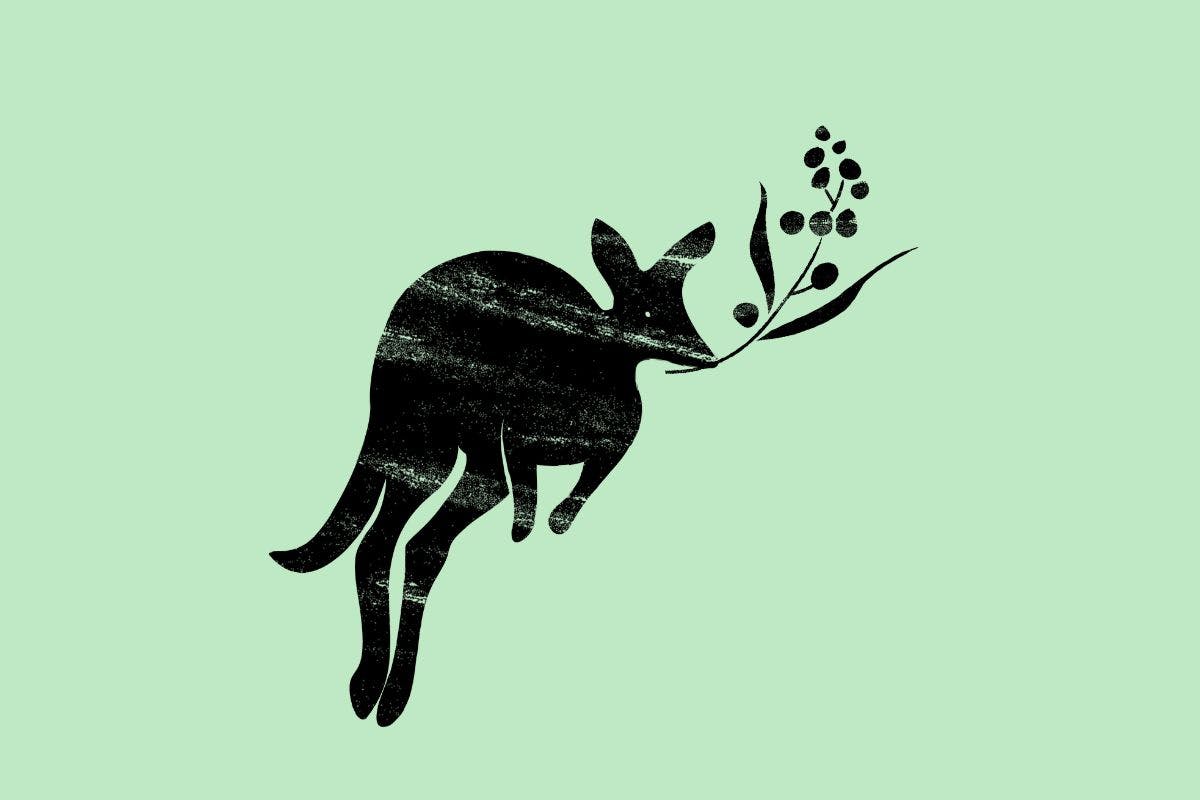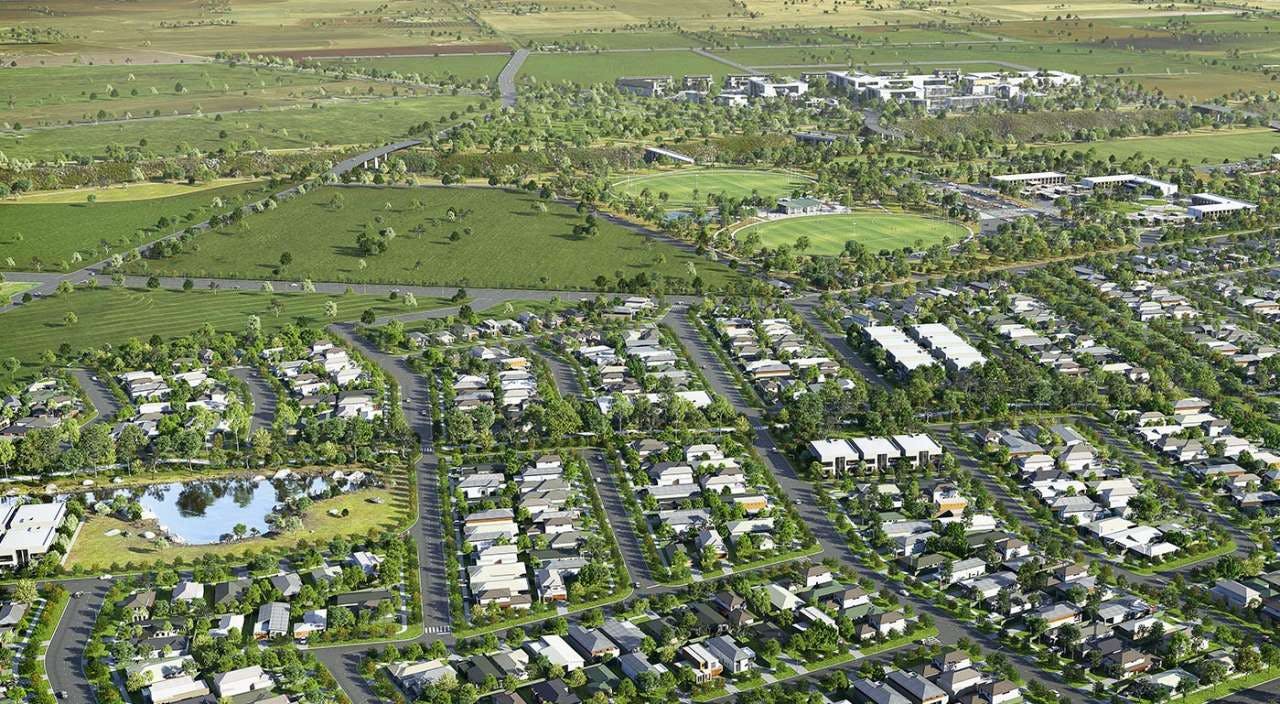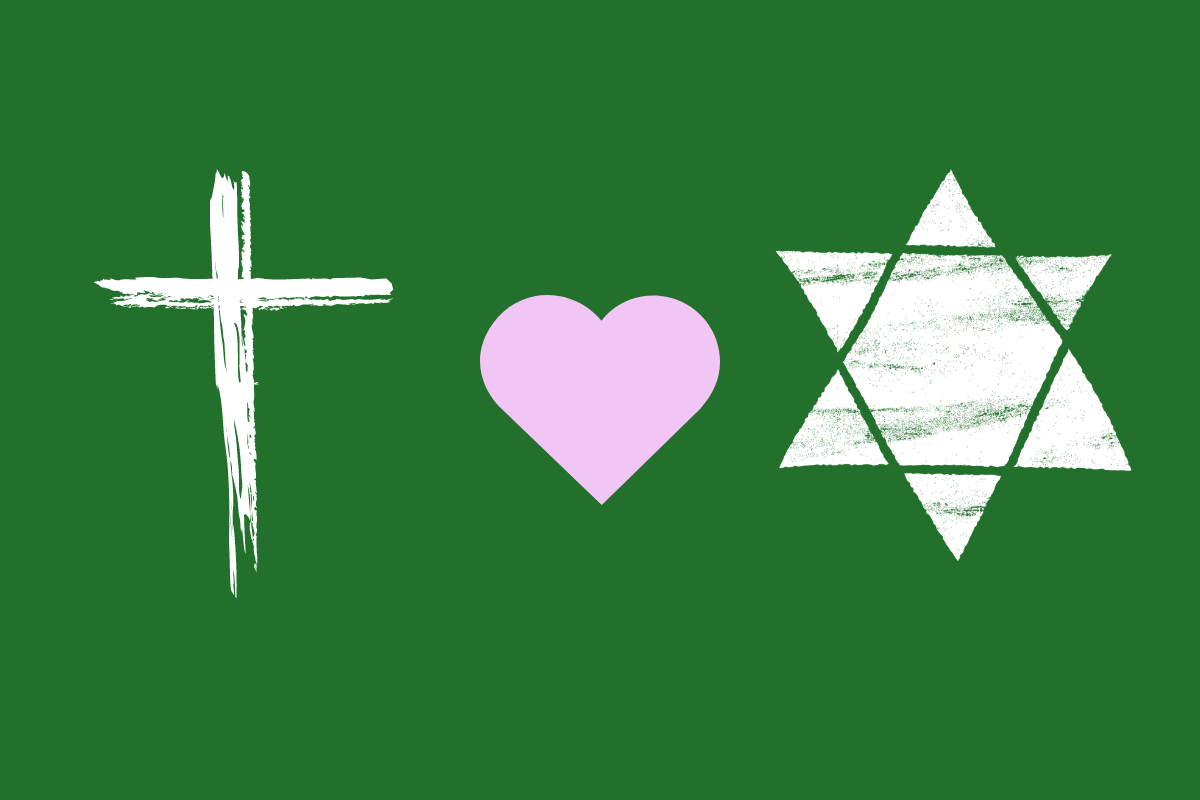Published: 29 July 2022
Last updated: 5 March 2024
NOMI KALTMANN meets the people who are boosting the tiny Jewish population of Tasmania.
THE 2021 CENSUS results were a cause for celebration across the Australian Jewish community. With a total of 99,956 Australian Jews, an almost a 10% increase from 2016, the results provided a fascinating insight into a vibrant and growing Jewish community.
While most states and territories recorded a modest increase in their Jewish population, Tasmania recorded a massive 50% increase, from 248 people in 2016 to 376 in 2021!
Tasmania is home to Australia’s two oldest synagogues, Hobart Hebrew Congregation and Launceston Synagogue, both dating back to the 1800s.
The drawcard for those moving to Tasmania is mixed, according to Tasmanian Jewish community leaders. Some move, because, relative to bigger and more established Jewish communities like Melbourne and Sydney, the houses in Tasmania are much more affordable. Some came during the COVID-19 pandemic and never left. And others, mainly retirees, are seeking a quieter life.

Jeff Schneider, a Baltimore native, who moved to Tasmania in 2014 with Sydneysider Lisa Eckstein, is the current president of the Hobart Hebrew Congregation.
“Living in Hobart, you are exposed to much more. Instead of being in a bubble, you are in a big tent,” he says. “The Jews in Tasmania, we come from all over. It is rare that there is a family who grew up in Hobart. The common theme is that people really enjoy the smaller community. The pace is different here. And it is a fairly easy lifestyle.”
Schneider is certainly not alone.
Today, Hobart Hebrew Congregation boasts 50 paying members, and with a recent influx of young families and Jewish people, for the first time in many years the synagogue has begun offering a monthly Jewish studies program (“cheder”) for young children.

“We recently started having once-a-month Hebrew class. This is a very exciting initiative for us. We all get together and learn, and we have a passionate volunteer teacher,” says Schneider.
Danny Joseph, a British born dad of eight-year-old twin boys who attend the monthly Hebrew lessons, is encouraged by the growing community.
“I moved to Tasmania in 2016 with my wife. We come from a large community in the UK. I was a little concerned we would be isolated. Tasmania is so distant, I knew it would be difficult to find as much Judaism as what we used to have. However, we connected to the Hobart Hebrew Congregation, and we became members and made friends in the community,” he says.
He loves being part of the small but growing Hobart Jewish community. “It is sleepy but sprightly. A hive of activity is going too far. But there is movement towards a bigger community,” he reflects.
“There is a move towards more events and community. I think the more people you have, the easier it is. Its more families. Better for the kids. And I’d like to claim some responsibility!”
The Hobart cheder usually hosts up to 10 local Jewish kids. While small in number, in a place like Hobart, it is big enough to create ripples.
The Jews in Tasmania come from all over; it is rare that there is a family who grew up in Hobart; the common theme is that people really enjoy the smaller community.
Joseph is especially grateful that the cheder is providing his sons a chance to connect with their heritage and community.
“I call the cheder a lifeline. It has given the boys a connection to the Hebrew language, a connection to festivals. It is a fun environment. We learn havah nagilah. We learn how to cook Jewish foods. It’s been brilliant.”
However, Jews can be found across the island, not just in Hobart.
Two-and-a-half-hours’ drive away from Hobart, in Launceston, lives Chabad Rabbi Yochanan Gordon and Rebbetzin, Rochel. Together they run Chabad of Tasmania, from where they aim to serve the entire island, often travelling to regional and rural areas to connect with a single Jewish person.

The couple, originally from Melbourne and Manchester, have been living in Launceston for 10 years. Gordon’s family has deep ties to Tasmania. His father, Melbourne-based Rabbi Yossi Gordon, has visited Tasmania on a semi-regular basis since 1984.
Asked whether the Tasmanian census results were heartening, Rabbi Gordon provides an unexpected answer.
“At the rate we find Jews, I estimate there are at least 1000 Jews in Tasmania! I went on the website and clicked on each city where the census recorded “no Jews” in Tasmania, but I personally know Jews who live in those cities,” he says, confirming his hunch that the data, despite showing a massive increase in Jews, is still incomplete.
“I find Jews all over the place; in doctors’ offices and at the local supermarket,” he says. When asked why Jews in Tasmania would choose not to self-identify as “Jewish” on the census, Rebbetzin Rochel provides a reflective answer.
“There are a big percentage of Jews in Tasmania we know who would not write that they are Jewish on the census. Many of them are scared,” she says. “One of the issues that we fight against in Tasmania is encouraging people to be proud to be a Jew. Sometimes people are scared that antisemitism will come out. Other times a lot of people do not self-identify as Jewish, despite being Halachically Jewish,” she says.
One of the issues that we fight against in Tasmania is encouraging people to be proud to be a Jew. Sometimes people are scared that antisemitism will come out.
Rabbi and Rebbetzin Gordon think Tasmania provides an important lesson in community building. “In Tasmania, the feeling you get is that people realise every individual is important,” they say.
“In a place like Tasmania, when you’re not there, something's missing. To get a minyan in Tasmania, every single person is counted. When you come to a program, every single individual is important. It’s a smaller tighter-knit group of people,” says Rebbetzin Gordon.
Back in Hobart, 81-year-old David Clark is grateful that the Jewish community is growing. Unusually for Jews living in Tasmania, Clark was born in Hobart, at the hospital right across the road from Hobart Hebrew Congregation.
“When I first started to go to shul, that would have been in the early 1970s, I was a young guy. It was just a handful of old men, who used to schmooze and sit away sometimes have a fight and do a bit of davening,” he reminisces. “Each time one passed away, they would all say, this will be the end of the shule.”
Clark has lived through the many periods of growth and decline of Tasmania’s Jewish community, but he is particularly pleased that community has really picked up in the last five years.
“Hobart is so small a few extra cars on the street can cause traffic. It’s just big enough to be a city. We have a shule. We have a core of a congregation. We have our Israeli friend who is teaching the young kids in Hobart, as does the Rabbi and his wife based in Launceston. My wife Pnina and I enjoy living here, as do our daughter and grandson.”
Photo: Jeff Schneider with his family (supplied)




